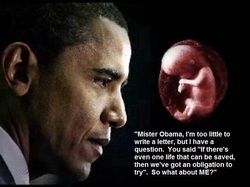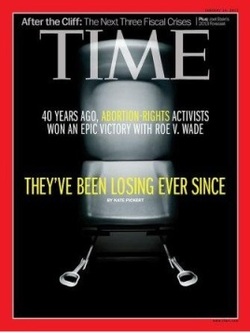N.D. lawmakers move to outlaw abortion
North Dakota House passes bill that defines life as starting at conception after state Senate passed the bill last month.
BISMARCK, N.D. (AP) — North Dakota lawmakers moved Friday to outlaw abortion in the state by passing a bill defining life as starting at conception.
The bill is one of a series of anti-abortion measures the Republican-controlled Legislature has passed this year despite critics' insistence that they are unconstitutional and violate the U.S. Supreme Court's Roe v. Wade ruling legalizing abortion until a fetus considered viable, which is usually at 22 to 24 weeks.
The North Dakota House approved the bill 57-35 Friday, sending it to the Republican governor, who has not yet said whether he will sign or veto it. The Senate approved it last month.
The so-called personhood measure bestows human rights on...




 RSS Feed
RSS Feed


